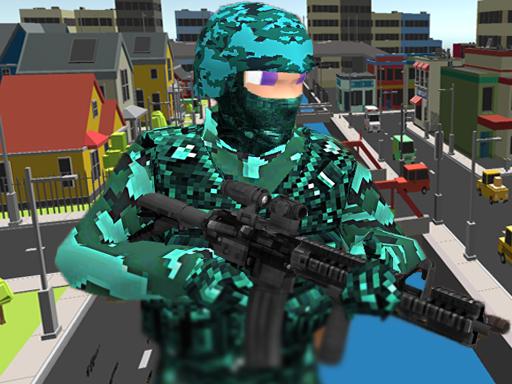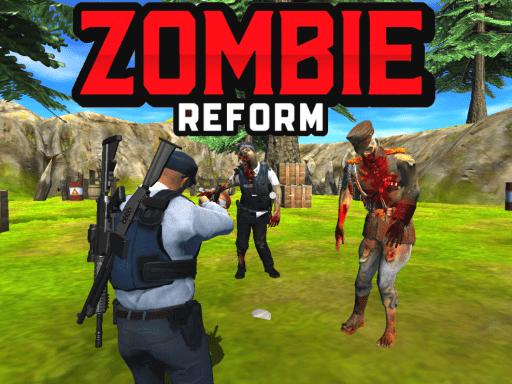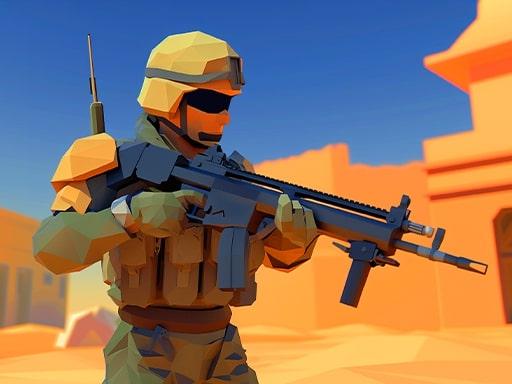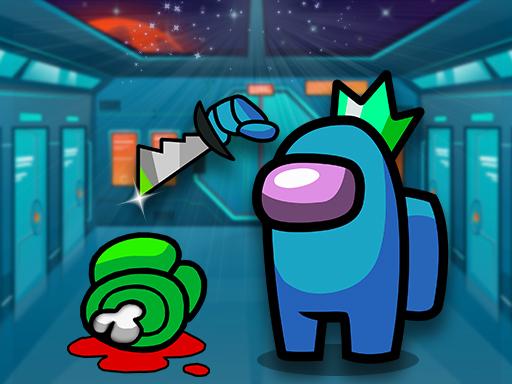New Games
Fighter Manager
Introduction and How to Play Fighter Manager
Fighter Manager is a captivating and strategic simulation game where players take on the role of a manager overseeing a team of fighters. The goal is to guide these fighters through training, management, and battles to become the best in their respective weight classes. Whether you’re a fan of combat sports or just love strategy games, Fighter Manager offers an exciting and immersive experience where you need to make smart decisions about your fighters’ careers.
In this guide, we’ll introduce you to the game Fighter Manager, walk you through how to play it, and provide useful tips for mastering the game.
What is Fighter Manager?
Fighter Manager is a sports management simulation game where you manage a team of fighters, aiming to help them rise through the ranks in the fighting world. You’re responsible for various aspects of their careers, from training and improving their skills to negotiating contracts and managing their fight schedules. The game offers a combination of tactical decision-making and resource management, as you need to balance multiple factors like health, stamina, and skill development.
As the manager, you control how your fighters prepare for their upcoming matches, how they handle in-fight decisions, and how they improve their stats over time. Your strategic choices are crucial for helping your fighters succeed and climb the leaderboard.
Key Features of Fighter Manager
- Realistic Fighter Management: The game simulates real-life fighter management, including aspects like training regimens, fight schedules, contract negotiations, and public relations. As a manager, your decisions affect your fighters’ careers and their success in the ring.
- Character Development: Fighters have various stats such as strength, endurance, and technique. You must develop and refine these attributes by selecting appropriate training routines and assigning tasks that fit each fighter’s strengths and weaknesses.
- Fight Strategy: Each match requires a strategic approach. Before the fight, you’ll have the chance to evaluate the opponent and decide on the best tactics to employ. During the fight, you can issue commands to your fighters to react to the situation, adding another layer of strategy.
- Contracts and Negotiations: Fighters’ careers are largely shaped by the deals you negotiate for them. This includes determining the best time for a fight, negotiating fight bonuses, and ensuring that fighters get the contracts they deserve based on their performance.
- Progression System: Fighter Manager allows you to unlock new training facilities, hire specialists, and expand your fighters’ options as you progress. This adds an element of growth and strategy over time, making the game more rewarding.
- Competitive Rankings: As you manage your fighters, they climb the rankings based on their performances. Competing in tournaments, winning matches, and improving skills are key to maintaining high ranks and attracting lucrative contracts.
How to Play Fighter Manager
Fighter Manager offers a deep and engaging experience, but its core mechanics can be broken down into several key steps. Here’s a detailed guide on how to play the game and maximize your success:
1. Create Your Fighters
When you start the game, you’ll need to create your first fighters. Each fighter has unique attributes, such as strength, speed, endurance, and technique. You can customize their appearance, choose their fighting style, and assign their initial stats. These attributes will influence how they perform in fights and training.
- Tip: Pay attention to each fighter’s weaknesses and strengths. If a fighter is stronger in endurance but weaker in strength, focus their training on improving their weaker areas.
2. Training Your Fighters
Training is at the core of developing your fighters’ skills. There are various training facilities you can unlock as you progress, each offering different benefits for improving specific stats. You’ll need to balance training sessions with rest periods to prevent your fighters from getting injured or exhausted.
- Tip: Diversify your fighters’ training to create well-rounded athletes. If you focus too much on one stat, your fighter may become overly specialized and weaker in other important areas.
3. Managing Fight Schedules
Fighters need to stay active to improve their ranking, but overbooking them can lead to exhaustion or injury. Each fighter has a certain amount of stamina, which decreases as they train and fight. You must carefully plan their fight schedule to avoid burnout while ensuring they stay competitive.
- Tip: Space out fights and training sessions. Giving your fighters enough time to recover between matches is crucial to maintaining their performance levels.
4. Fight Preparation
Before each match, you will have the opportunity to analyze your opponent’s strengths and weaknesses. Based on this, you can prepare your fighter with specific strategies for the fight. Some matches might require defensive strategies, while others may call for an aggressive approach.
- Tip: Always scout your opponent and adjust your fighter’s strategy accordingly. Knowing your enemy’s fighting style gives you a significant advantage in battle.
5. Fight Execution
During fights, you can issue commands to your fighters. You can choose when they attack, defend, or take a break. Pay attention to the flow of the fight and issue commands at the right moments to outsmart your opponent. Your fighter’s stamina will deplete during the match, so be strategic about when to go on the offensive and when to hold back.
- Tip: Use defensive strategies when your fighter’s stamina is low. Don’t rush the fight; sometimes waiting for the right moment to strike is more effective than being overly aggressive.
6. Negotiating Contracts
As your fighters become more successful, you’ll have the opportunity to negotiate better contracts with promoters, sponsors, and event organizers. These contracts can provide your fighters with bonuses, better training opportunities, and larger purses for future matches.
- Tip: Negotiate smartly by weighing the potential rewards against the risks. Ensure your fighters’ contracts reflect their current standing and abilities in the sport.
7. Leveling Up Your Team
As your fighters gain experience and win matches, they will level up. You can use the experience points to improve their attributes, unlock new skills, and access better training resources. Over time, you’ll also be able to expand your fighter roster and bring in specialists to help with training and management.
- Tip: Focus on maximizing the potential of each fighter by continually upgrading their skills and improving their weak areas. Having a team of well-rounded fighters will help you win more matches.
Tips for Success in Fighter Manager
- Balanced Training: Avoid focusing too much on one area. A well-balanced fighter is usually more effective in the long term. Mix strength, speed, endurance, and technique training for a well-rounded athlete.
- Manage Resources Wisely: Always keep an eye on your fighters’ stamina and health. Overworking them can lead to injury or burnout, which can hinder their performance in future matches.
- Plan Fights Strategically: Don’t rush your fighters into matches. Give them time to train, rest, and prepare for their next opponent. Be strategic in scheduling fights, especially when dealing with high-stakes events.
- Scout Your Opponents: Before each fight, study your opponent’s stats and fighting style. Tailor your strategy to exploit their weaknesses and capitalize on your fighter’s strengths.
- Upgrade Training Facilities: As you progress in the game, unlock better training facilities. These will help your fighters improve faster and more efficiently, making it easier to win matches and climb the rankings.
- Keep an Eye on Contracts: Be mindful of the contracts you sign. Negotiating favorable terms can boost your fighters’ careers and bring in more money, but don’t forget to prioritize their well-being and future prospects.
Conclusion
Fighter Manager is a highly engaging and strategic game that combines elements of management and combat sports. By training your fighters, planning their careers, and executing strategic fight plans, you can lead them to greatness. The game offers a deep, rewarding experience with plenty of challenges along the way.
Whether you’re a fan of combat sports or enjoy strategic simulation games, Fighter Manager will provide you with hours of entertainment. With smart management, careful training, and precise strategies, you’ll rise through the ranks and create a legacy of champion fighters!
Instructions
Use mouse to control character. Drag and drop with mouse to use cards.
 Home
Home Popular Games
Popular Games Categories
Categories

























